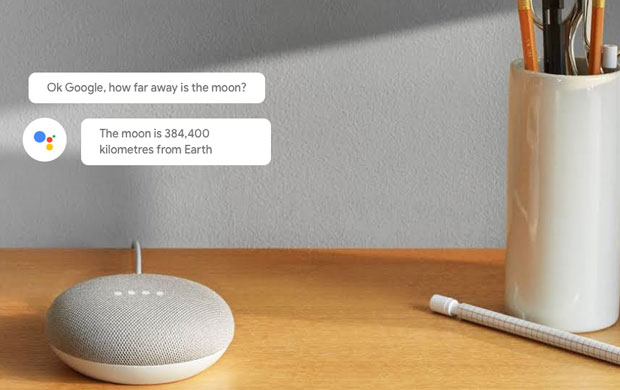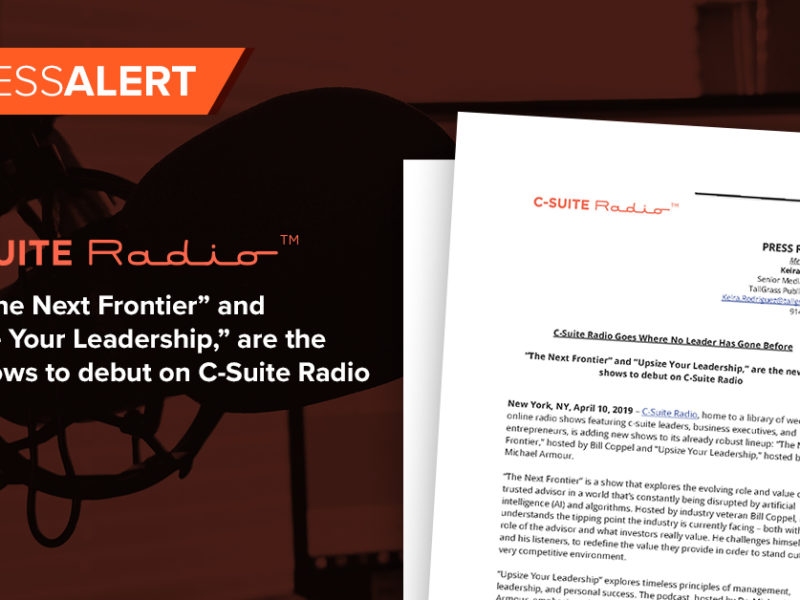
ANALYST CORNER Artificial Intelligence vs. Echo’s Eavesdropping and Google’s Home Invasion
ANALYST CORNER Artificial Intelligence vs. Echo’s Eavesdropping and Google’s Home Invasion https://csuiteold.c-suitenetwork.com/wp-content/uploads/2017/10/analyst-corner-artificial-intelligence-vs-echos-eavesdropping-and-googles-home-invasion-1.jpg 620 390 C-Suite Network https://csuiteold.c-suitenetwork.com/wp-content/uploads/2017/10/analyst-corner-artificial-intelligence-vs-echos-eavesdropping-and-googles-home-invasion-1.jpg
Don’t Put Your Customer Experience in Jeopardy! Learn About Blended AI
Join Genesys and Forrester to learn how connecting AI with the human touch takes customer experience to a new level!
Global Webinar: October 25 @ 11AM PT / 2PM ET. Register Now.
There’s a lot of excitement about all the new artificial intelligence technology hitting the market — like Amazon’s Echo and Google’s Home smart speakers, among many other products. However, there’s also growing concern over how these devices may invade our privacy.
These AI devices are designed for use throughout our homes — and despite the companies’ assurances to the contrary, some people worry that they could be listening to every word we utter. Granted, they have to listen when we want them to give us answers or carry out tasks, but what if they are listening in at other times as well?
To what extent are they are invading our privacy? Even given a worst-case eavesdropping scenario, that might depend on who you are and what you consider an invasion of privacy. For some, having a conversation while a smart speaker is listening might be no different from having a discussion in a public place.
Private Spaces
However, most people talk about private matters in private. If an AI device is sitting right next to us and possibly listening when we don’t know it, then the space is no longer private. Worse is the possibility that the device may be recording everything — the companies’ assurances notwithstanding — which would make it impossible for us to distance ourselves from our utterances.
Having a conversation next to an AI device is different from having one in public. In public, there is seldom anyone on the periphery who cares about what you are saying, and it’s highly unlikely anyone would be secretly recording every word you uttered for potential future use.
Devices like Amazon’s Alexa-powered Echo and Google’s Assistant-powered Home might be capable of hearing, recording and forever storing every word we utter, even though that’s not how they’re actually supposed to function. Still, how…






